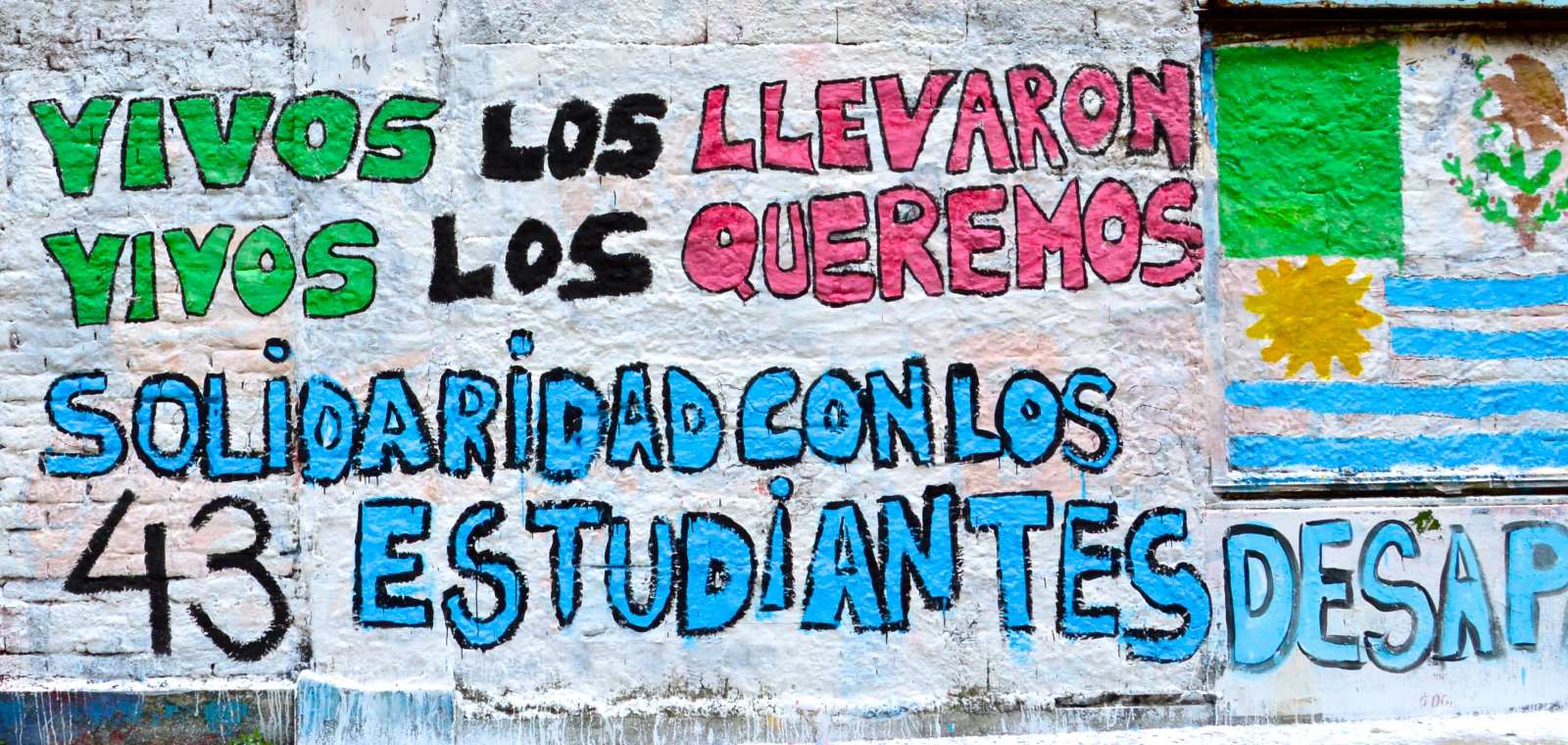
„Lebendig hat man sie mitgenommen. Lebendig wollen wir sie wieder. Solidarität mit den 43 verschwundenen Studenten“; Graffiti in Mexiko. Foto: Wikipedia
Mexico: Human rights work under mortal danger
Abel Barrera and the Tlachinollan Human Rights Center
Time and again we read in the newspapers about crime in Mexico, the murders, the drug cartels, the fear. And far too rarely about those who resist the pressure, the threats, the danger.In 2011, Amnesty awarded one of these courageous fighters for human dignity and justice the Human Rights Prize: Abel Barrera, who founded the Tlachinollan Human Rights Centre in the Mexican state of Guerrero in 1994 and made it his mission to support the indigenous population in realizing their rights. These people often do not even speak Spanish and are almost defenceless in the face of the brutality with which the military and organized crime repeatedly fight each other. It is not uncommon for government agencies to work together with organized crime – and this makes it particularly perfidious.
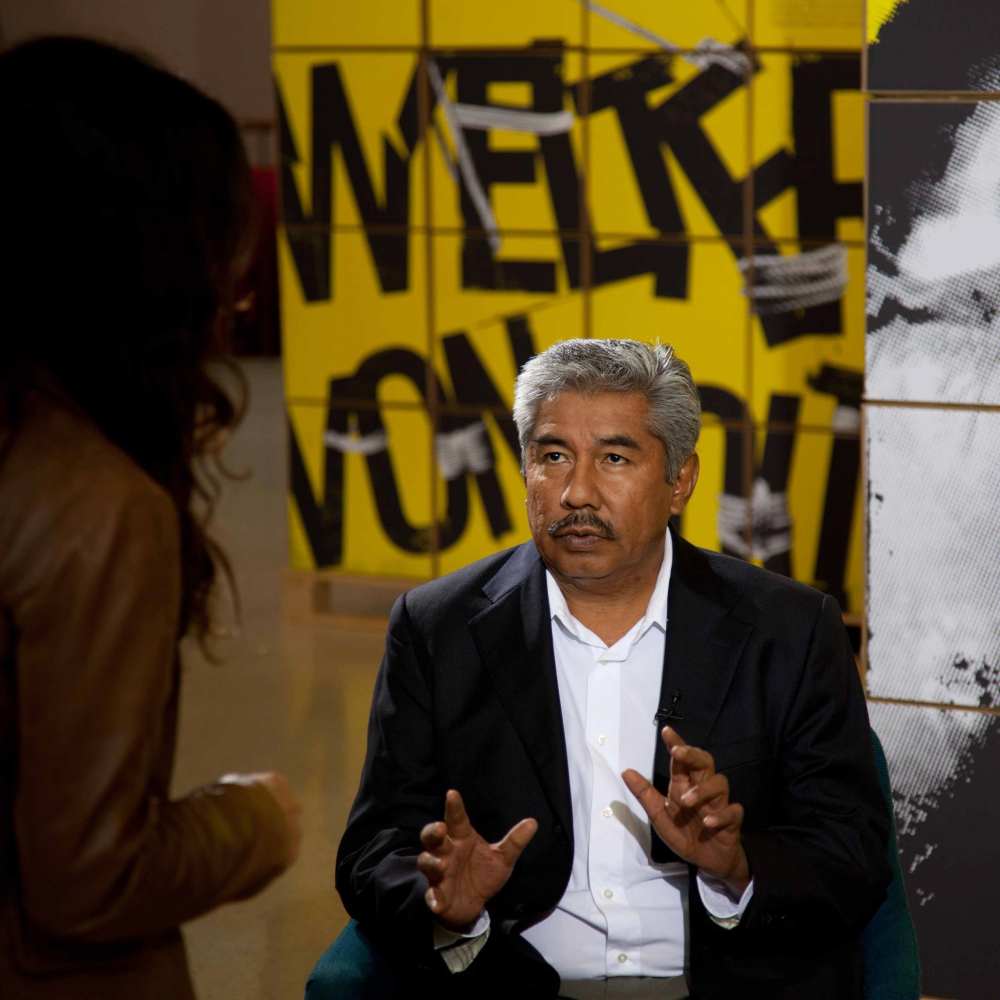
Abel Barrera
The Human Rights Foundation continued its collaboration with Barrera and Tlachinollan after 2011 and, together with Amnesty International, invited him to travel to and through Germany in November 2014. There were events and discussions with journalists and politicians about the human rights situation in Mexico and the work of the organisation in Hamburg, Hanover and Berlin, among other places.
The organisation had just turned 20 years old. To mark the occasion, the well-known Mexican journalist and author Luis Hernández Navarro wrote:
„The vast majority of non-governmental organisations (NGOs) in the country lack both mobilisation capacity and good links with the communities. Tlachinollan is the big exception in this respect.“ And he quotes Abel Barrera: „When we began to realise the extent of violence on the part of the state, we began to understand how difficult it is to live without protection, in poverty and discrimination. It was the moment when we realised what the historical resistance of the indigenous peoples was all about, their perseverance, their courage and their generosity. Today we know: With them, we are defenders; without them, our actions would be weak and pointless.“
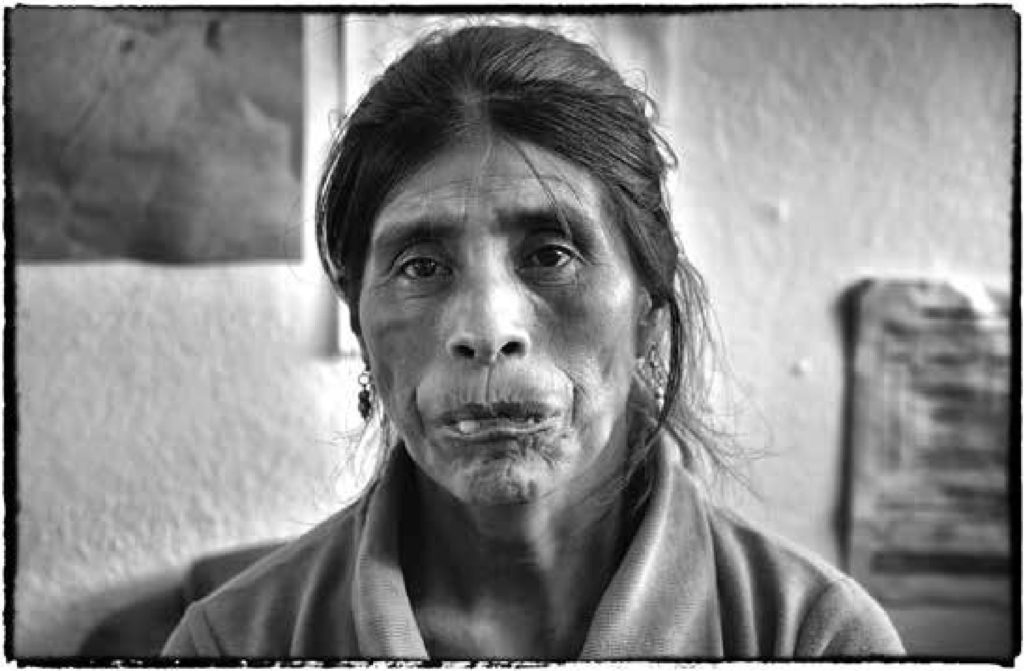
Catalina Prisciliano Elidia, mother of Florencia Sánchez Joaquín, victim of sexual violence and feminicide in the Montaña de Guerrero. Foto: Tlachinollan
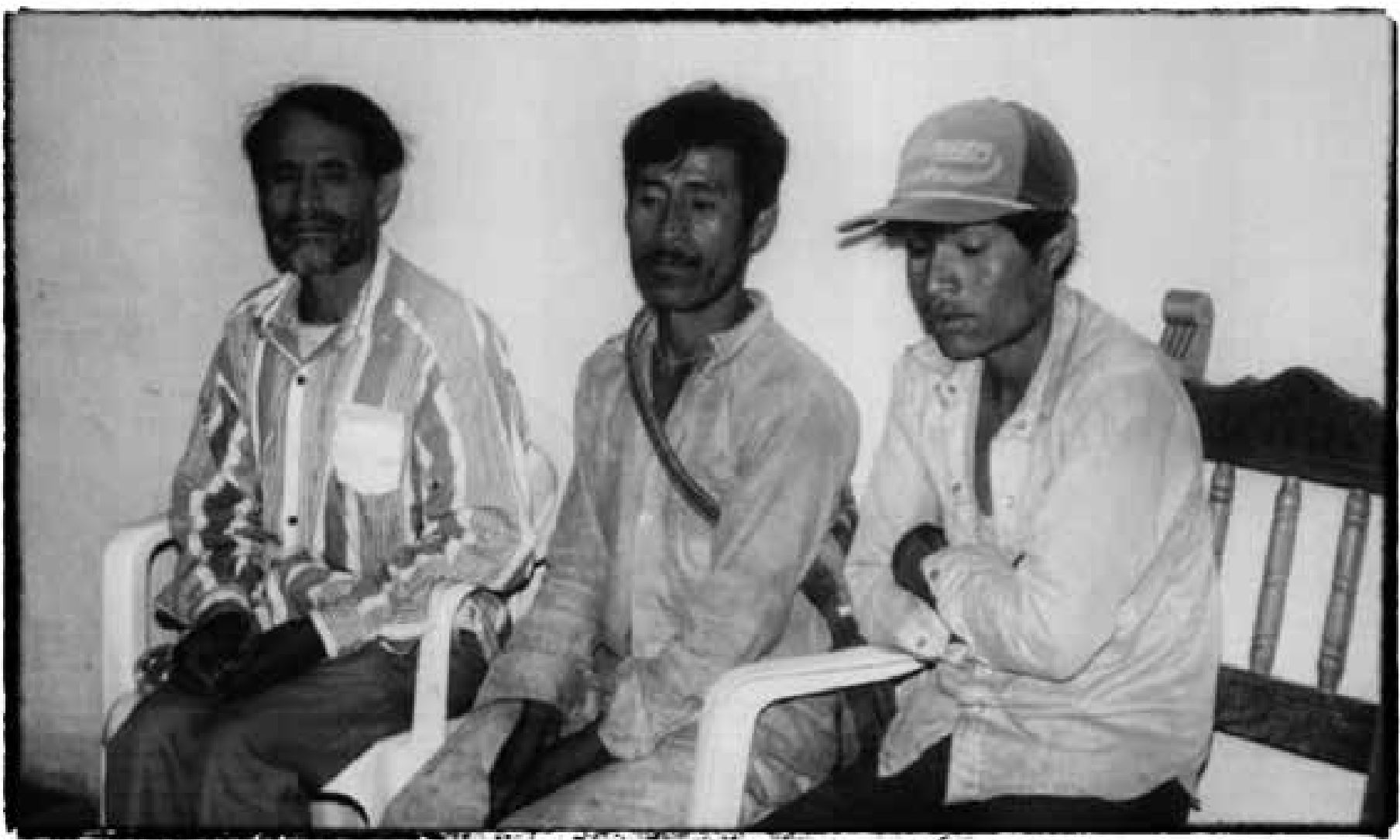
Na’Savi indigenous people wait in the office of the human rights organization.
Foto: Tlachinollan
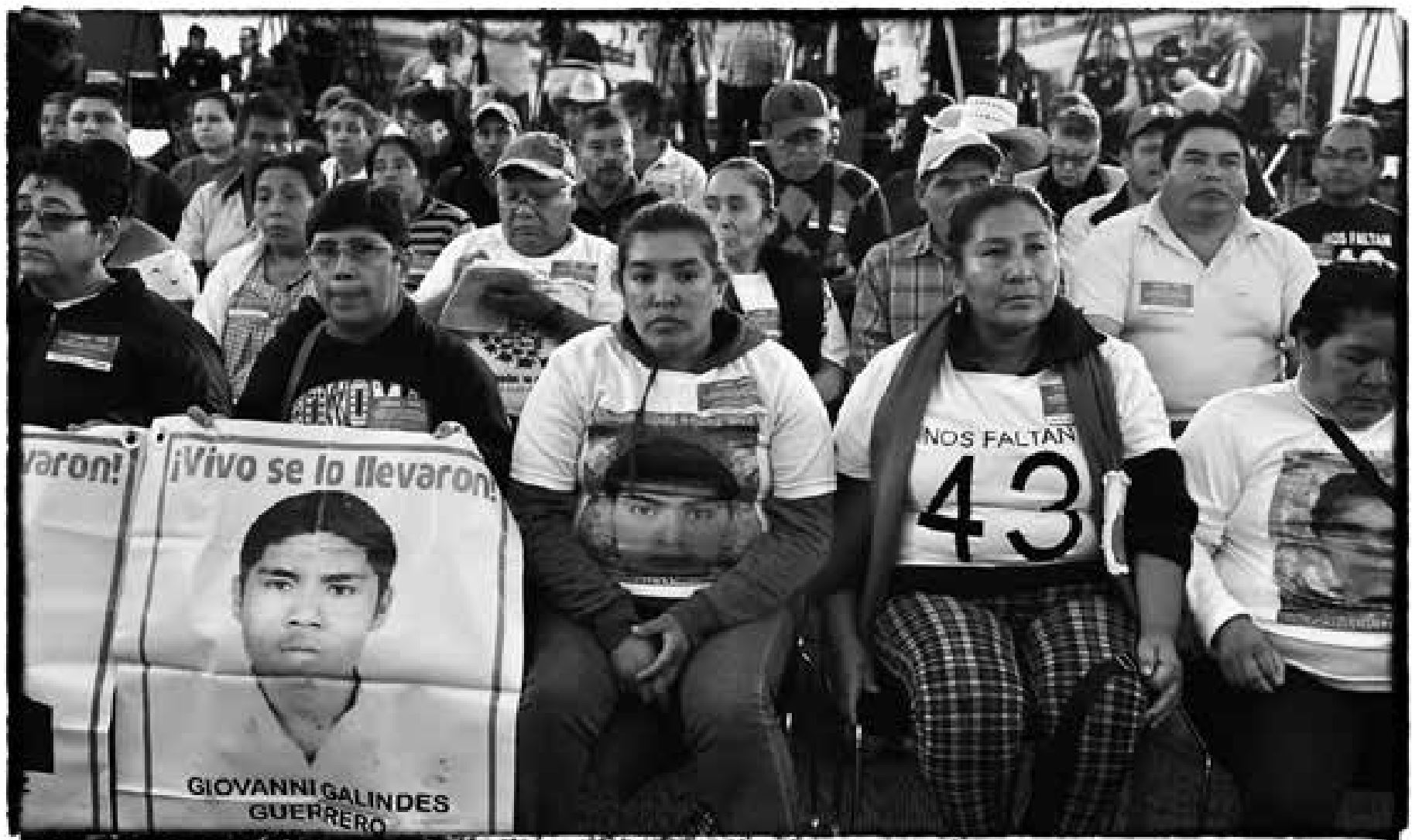
Mothers and fathers of the 43 missing students with pictures of their sons. Even six years after the students disappeared on their way to a demonstration, their fate has not been clarified. Foto: Tlachinollan